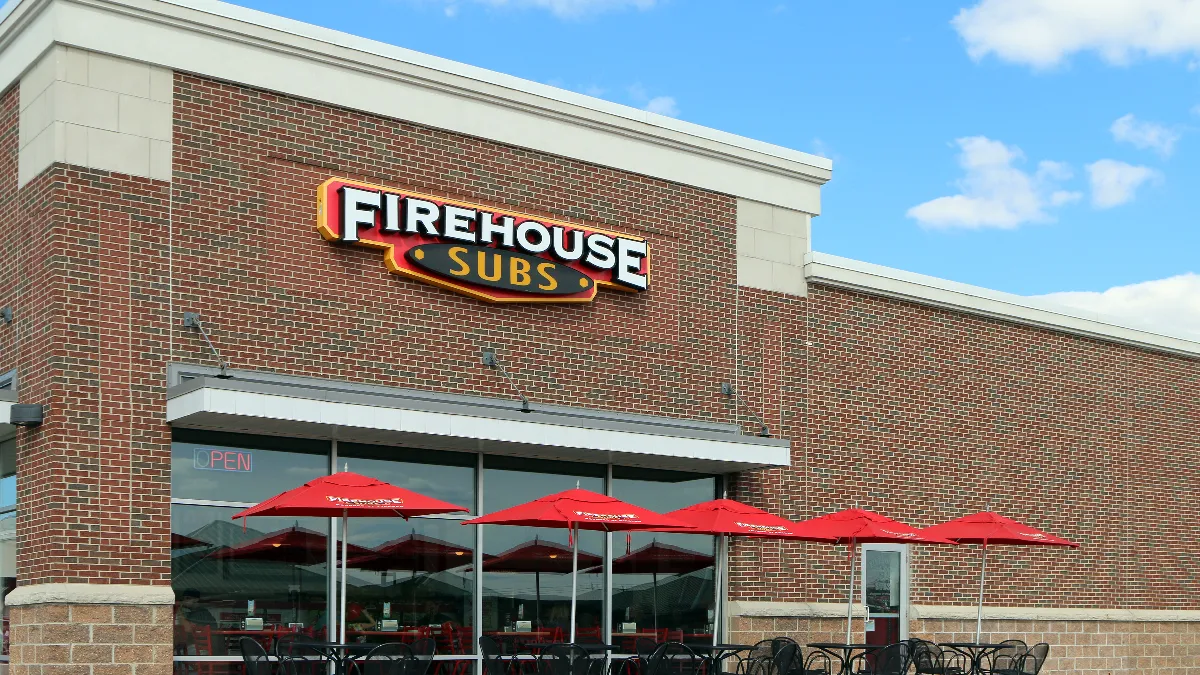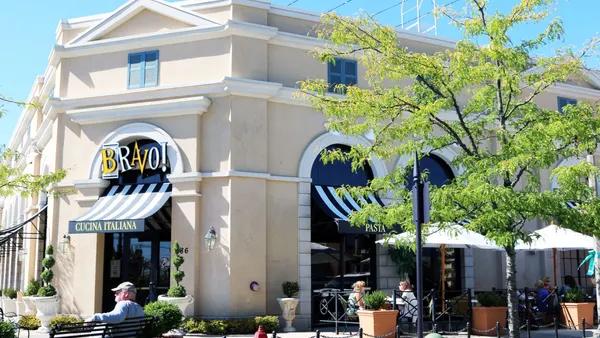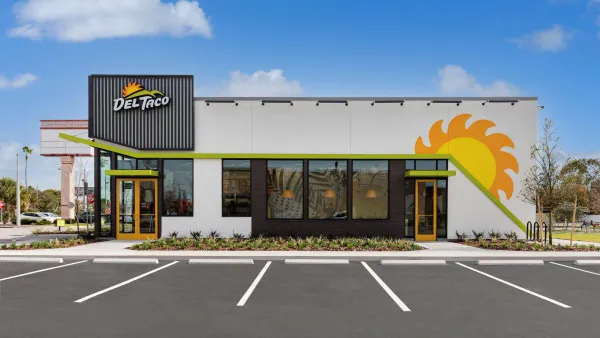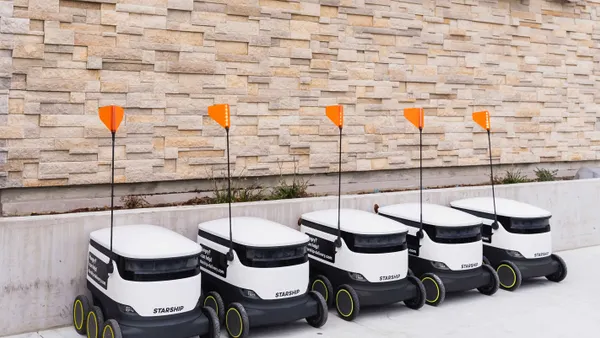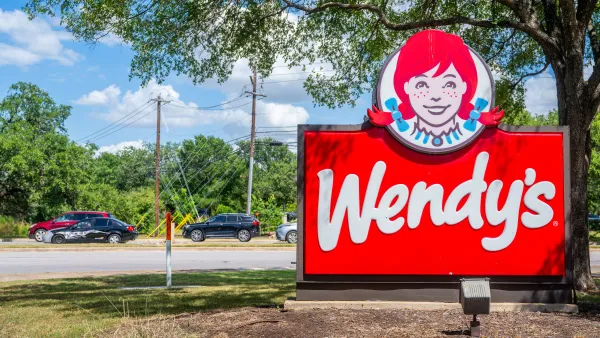While M&A dipped in 2020, activity picked up this year as the restaurant segment began to show signs of recovery, especially in the QSR space.
In 2021, M&A has largely been driven by plentiful capital, bank financing and other financing. Many deals were sparked by restaurant holding companies growing their existing platforms. Large public companies and consolidators tend to prefer owning brands instead of operating the stores themselves, and try to assemble a group of brands that represent a bit of a cross-section in the industry, said Nick Cole, head of restaurant finance at MUFG Americas.
Concerns over tax laws that might change in 2022 are also fueling companies to close transactions by the end of the year, Cole said. A proposed change to capital gains tax would raise the percent businesses earning over $1 million are taxed following a sale, reducing the amount of money the business owner gains. Summer also ushered in a flurry of deal announcements, with six deals occurring in the course of a little over a week.
Restaurant Brands International added Firehouse Subs to its platform in a transaction worth $1 billion, the largest deal of the year. BBQ Holdings grew to seven concepts following two transactions, while Fat Brands now owns 14 companies after two transactions this year. Fat's $442 million acquisition of Global Franchise Group was the company's most ambitious purchase to date, adding a group of five brands to its portfolio. But Fat didn't stop there either, adding Twin Peaks, Native Grill & Wings and Fazoli's to its platform this year. Woworks also boosted its newly formed platform with the purchase of The Simple Greek while Fuzzy's Taco Shop's parent created a new restaurant group called Experiential Brands, suggesting future buyouts.
The franchisee world, on the other hand, is largely made up of family businesses that began franchising with big brands in the 1970s and built out their portfolios in the 1980s and 1990s. Now, many of these operators are ready to sell or move the business to the next generation of family members, Cole said. Pacific Bells, one of Taco Bell's largest franchisees, sold itself to private investment firm Orangewood Partners, for example.
Private equity capital has been poised for picking up smaller companies with strong growth, and there have been quite a few firms eyeing the next emerging brands.
While much of the M&A focus in 2021 has been on QSR chains, investor appetites could soon change.
"[M&A] might cool off in the first half of [2022] simply because fast food company results will be down a little bit just given some of the inflation factors that [have] a tendency to cool off the desire for sellers," Cole said.
The second half of 2022 could bring more of an uptick in dealmaking around full-service brands. There will likely be fewer full-service restaurants due to the closure of many independents, he said. These restaurants have been struggling since government funding for restaurants ran out, and they don't have the same tools that enterprise companies can use to handle supply chain and hiring issues, Cole said.
Assuming there isn't another surge in COVID-19 cases — which could be a risk as the omicron variant spreads — full-service restaurants could see a better operating environment with less competition, which could make them more attractive to buyers.
In the meantime, check out the most impactful M&A deals of 2021.


